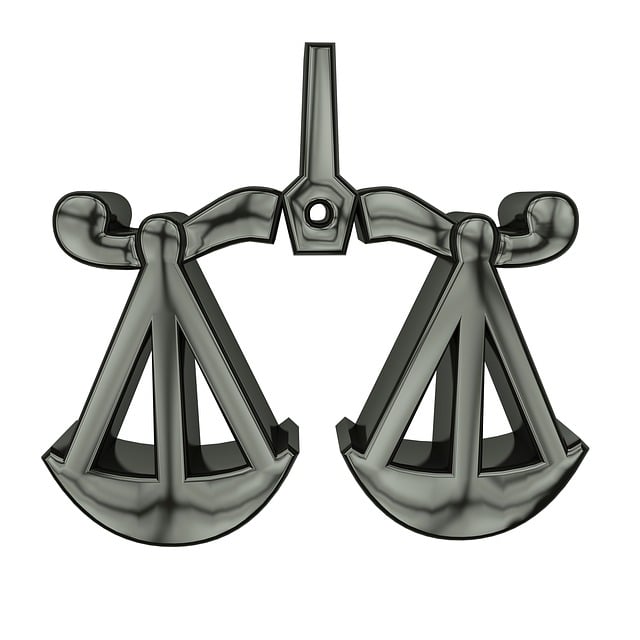Schema for Law Firms enhances online visibility by providing structured data about practice areas, services, and expertise to search engines. This improves discoverability, attracts potential clients, and builds trust through detailed information display. Effective implementation includes comprehensive details on services, eligibility, outcomes, and costs, along with attorney metadata. Regular updates ensure accurate, consistent categorization and reflect evolving firm practices.
Implementing schema markup, a powerful tool for enhancing online visibility and context, can significantly benefit law firms in their digital strategy. This article explores how schema can revolutionize the way legal content and services are presented to search engines and users alike. We’ll delve into the intricacies of schema markup specifically tailored for legal content, its advantages, key structural elements, and best practices for maintenance. Discover how this technology can elevate your firm’s online presence and attract more potential clients.
- Understanding Schema Markup for Legal Content
- Benefits of Implementing Schema for Law Firms
- Key Elements to Structure Legal Service Data
- Enhancing Search Engine Visibility with Schema
- Contextualization: Making Content More Relevant
- Best Practices for Maintaining Accurate Schemas
Understanding Schema Markup for Legal Content

Legal content, with its intricate nature and specific language, can often be challenging to understand for both search engines and potential clients. This is where Schema Markup for Law Firms comes into play as a powerful tool. By implementing structured data using Schema Markup, law firms can provide valuable context to their online presence, ensuring search engines comprehend the unique aspects of legal services. This markup allows businesses to highlight key details about their practice areas, expertise, and offerings, making them more discoverable in search results.
For instance, Schema Markup for Business Types can be utilized to define various legal sectors, such as corporate law or intellectual property. Additionally, Structured Data for Services enables law firms to describe specific legal services provided, facilitating a better understanding of their capabilities. Even for niche areas like therapy or counseling, Schema for Therapists can be adapted to showcase qualifications and specializations, ensuring clients find the right professionals for their needs.
Benefits of Implementing Schema for Law Firms

Implementing schema markup for law firms can significantly boost their online presence and visibility on search engines. By structuring data in a standardized format, such as JSON-LD, law firm websites gain enhanced context, enabling search algorithms to better understand and interpret the content they offer. This results in improved ranking and click-through rates, attracting more potential clients who are actively seeking legal services.
Schema for law firms goes beyond basic information like business name, address, and phone number (Local Schema for Providers). It allows detailed description of services provided, case types handled, and areas of expertise. For instance, a Schema Markup for Business Types specific to the legal industry can help search engines categorize and display relevant information about specialized practices, such as family law or corporate litigation. This strategic approach not only increases the chances of being discovered by potential clients but also fosters trust and credibility among online users seeking legal assistance (Schema for Therapists).
Key Elements to Structure Legal Service Data

To maximize the benefits of a schema for law firms and enhance their online visibility, several key elements must be carefully structured. Firstly, schema for therapists or legal service providers should include comprehensive details about their practice areas. This involves specifying the types of legal services offered, such as corporate law, family law, or intellectual property, to provide clear context to potential clients. Additionally, each service should have a dedicated section detailing eligibility criteria, typical outcomes, and associated costs, ensuring transparency and facilitating informed decisions.
Furthermore, structured data for services should encompass crucial metadata, including the names of practicing attorneys within the firm, their qualifications, and areas of specialization. This local schema for providers not only boosts search engine optimization (SEO) but also establishes trust and credibility among prospective clients. By implementing these structured data elements effectively, law firms can significantly improve their online presence, making them more discoverable and accessible to those seeking legal counsel.
Enhancing Search Engine Visibility with Schema

Implementing schema markup, a structured data format, can significantly boost the online visibility of service-based businesses like law firms. By providing search engines with detailed information about your legal services, expertise, and location, schema helps in enhancing your firm’s placement in local and organic searches. For instance, using local schema for providers allows search engines to recognize and prioritize your firm when a potential client queries for “best lawyers near me.”
This structured data for services goes beyond basic text on a webpage. It includes rich snippets that display additional details about your law firm, such as office hours, contact information, and specific legal areas of practice. Such enhanced search engine results pages (SERPs) not only attract more clicks but also inspire trust and confidence in potential clients. For example, when a prospective client sees a schema-marked “Dentist” business with a clear list of services and patient reviews, they are more likely to choose that firm for their dental needs.
Contextualization: Making Content More Relevant

Implementing schema—a structured data format—for law firms can significantly enhance content visibility and context on search engines. By providing detailed information about legal services offered, potential clients can easily navigate and find relevant resources tailored to their needs. Schema for therapists or any business type allows search algorithms to understand the unique aspects of each service, thus improving online discoverability.
Contextualization is key in making content more relevant. Through schema markup for business types, law firms can ensure their websites convey accurate and up-to-date information about specialized practices, areas of expertise, and even client testimonials. Structured data for services allows search engines to index critical details, enabling them to deliver precise results when users conduct targeted searches. This enhances the overall user experience by presenting relevant content that aligns with users’ specific queries.
Best Practices for Maintaining Accurate Schemas

Maintaining accurate schemas is paramount for any service-based business aiming to improve its online visibility. For law firms, implementing a well-structured schema can significantly enhance search engine understanding and ranking. Start by defining your business type using Schema Markup for Business Types, ensuring consistent use across all platforms. Accurate categorization of your firm as a “Law Firm” or specialized practice areas like “Personal Injury Lawyer” is crucial. Regularly update your schema to reflect any changes in services offered or partnerships.
Additionally, consider the unique aspects of your law firm’s offerings. Unlike a generic Schema for Dentists, which focuses on dental services, your firm might have specific practices or areas of expertise that warrant tailored markup. Incorporate structured data for services to highlight these distinct offerings. This could include detailed descriptions, eligibility criteria, and any associated costs, making your firm’s online presence more informative for potential clients searching for specialized legal assistance.
